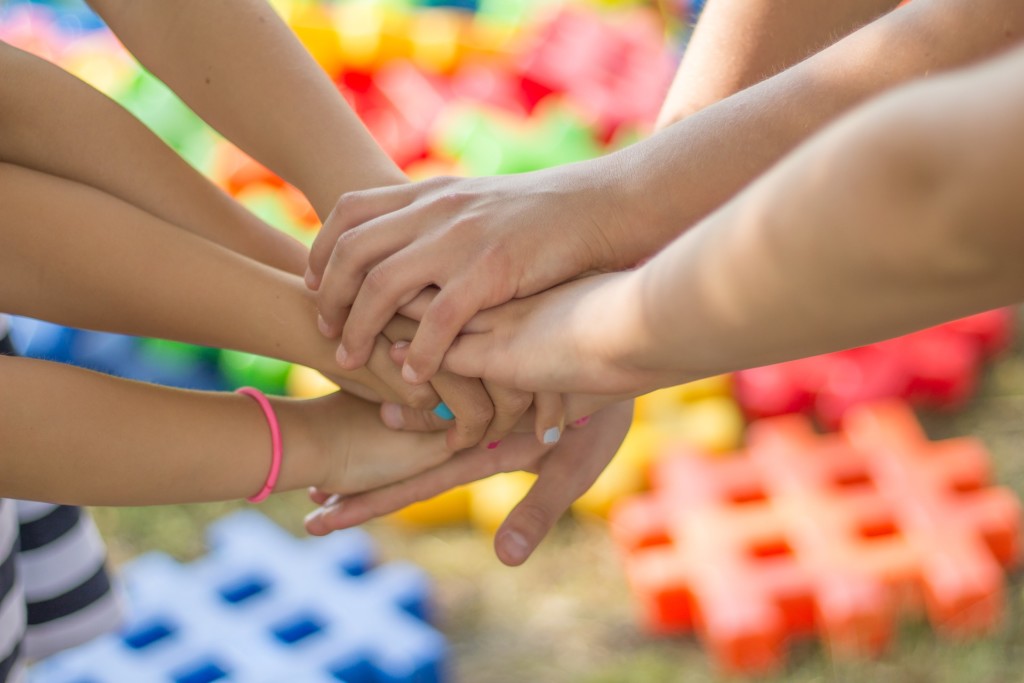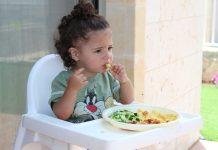I am a naturally empathetic person. It comes so truly, purely, 100% naturally to me. When I was a young child, my mom and I were eating at Piccadilly, and I became tearful thinking of the middle-aged adults working there for minimum wage. I worried about how they could afford to feed their families and I felt guilty for the shopping spree my mom and I had just gone on because I knew that the people working there were struggling to survive. To make ends meet. I was about 10 at that time.
We live in a divided country. Politics, religion, and the ability to express our beliefs on such topics on social media have torn our world apart, creating a public battlefield where people hide behind keyboards and smartphones insulting each other. We live in a judgmental society, one in which people think it is acceptable to attack people in a way that I simply cannot fathom. Our society wonders why bullying is such an issue, yet it is crystal clear to me. All kids need to do is log into Facebook for 10 minutes and the example is set for them.
Which brings me back to empathy. Once I grew older, I was shocked to learn that not all humans experience empathy the same way that I do. Empathy is the capacity to understand or feel what another person is experiencing from within their frame of reference, that is, the capacity to place oneself in another’s position. Empathy involves hearing someone’s story, and attempting to understand where it is they come from, and how that made them who they are today. Empathy is taking the time to listen, and truly think to yourself, “What would I do if I were in that position?”
Teaching Empathy
Be kind
Set the example. It is important we teach empathy to others through our actions, not our words. We all must make it a point to listen more, and to talk less. When talking to children, it is important to make it a priority to move them to a space where they could be reminded of how their teachers feel when they disappoint them, or how their classmates felt when they said something unkind. We have to do our best to express our own feelings, and to encourage them to share their feelings as well because if that dialogue isn’t there, it truly is pointless. As mothers, our homes must be a safe place where all feelings can be discussed and where people are held accountable for their actions, especially those actions that have the potential to hurt other people.
Show compassion
It is our job to lift others up and meet people where they are and consider their background and not make any assumptions because maybe, just maybe, if we were in their shoes, we would’ve made the same life-altering decisions that go them to where they are. Once we express that level of empathy, barriers are broken and walls fall down and we are able to be what God calls us to be: flawed human beings that are all learning and trying to do the right thing.
Don’t gossip
Our kids are watching our every move. Speaking ill of people who are not present is the most toxic form of communication, and kids pick up on it. Our dialog is so important, because if we constantly bad mouth other people, our kids will have the potential to continue that dialog, which is what destroys children’s confidence, friendships, and can have long-lasting negative effects on their lives.
Praise empathetic behavior
Something as small as your child sharing a toy or brining someone a flower is worthy of praise. Children respond to praise, and they want nothing more than for us to be proud of them.
Encourage discussion about feelings
Children are in their own little world, learning how all the systems around them function. They don’t fully understand everything, and it is hard for them to put a label on how they’re feeling, especially feelings of frustration, anger, and sadness. Labeling these feelings and acknowledging that they are ok can create a safe place for them to discuss their feelings, as well as the feelings of those around them, thus helping them be able to identify how they make others feel.
Be tolerant
Did you know that it is possible to disagree with someone, and still treat them with kindness and respect? It’s true! And it’s a beautiful thing. The beauty of the world in which we live is that we are all made differently and are given different, unique gifts. We come from different backgrounds, and these differences often impact who we become and what we believe. If we try harder to listen and understand people instead of resorting to finger-pointing and name calling, we will work toward creating a more peaceful environment for not only our families, but so many families around us. If our children see us spending time with people who are different from us, and treating them kindness and respect anyway, they will feel comfortable and happy, and that is something they will continue.
We all have high hopes for our children. We hope that they’ll be successful. We hope they’ll make good grades. We hope they’ll find someone who loves them and create a family. We teach them to be honest, we encourage them to be kind, and we are so proud of them when they make good choices. Underneath all of this, is empathy. If we teach our children this skill, they are sure to love others, to judge less, and to always have perspective. I don’t know about you, but that is success in my book.


















